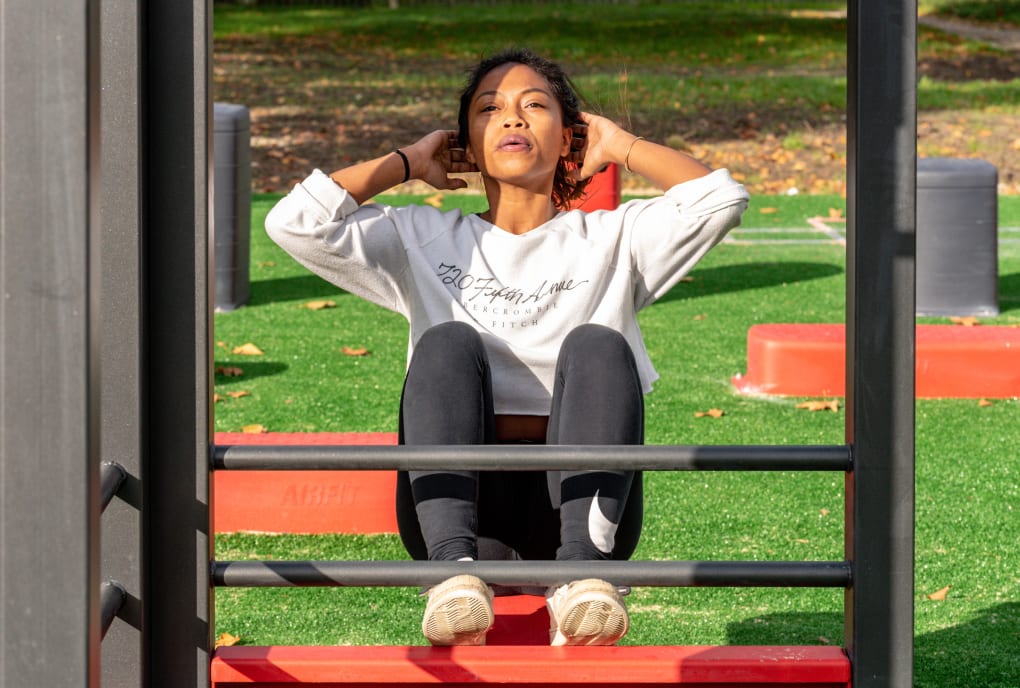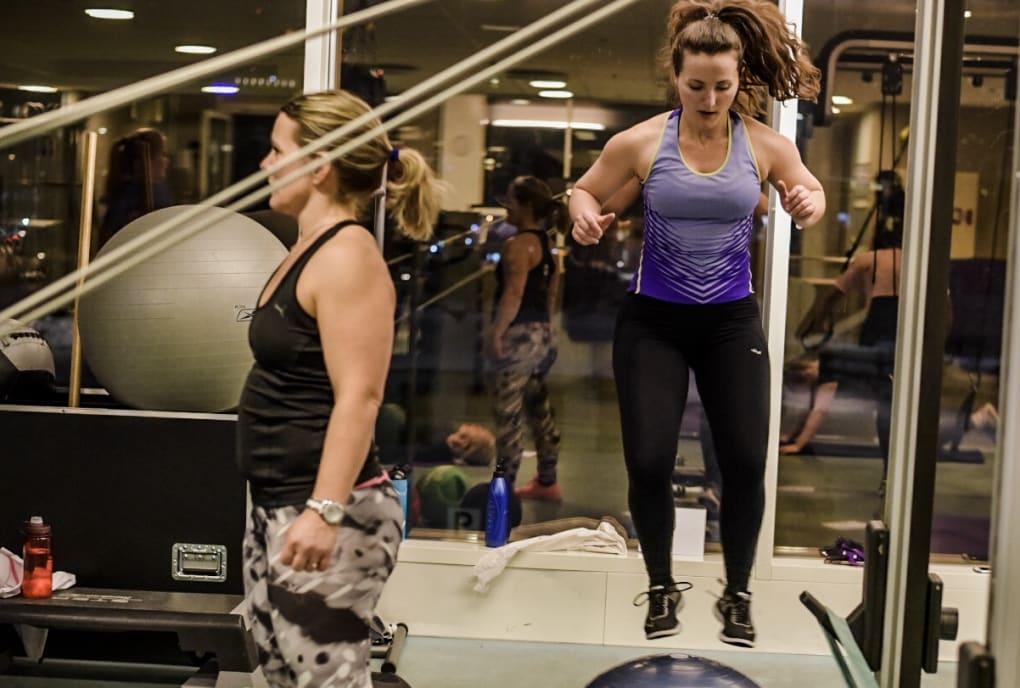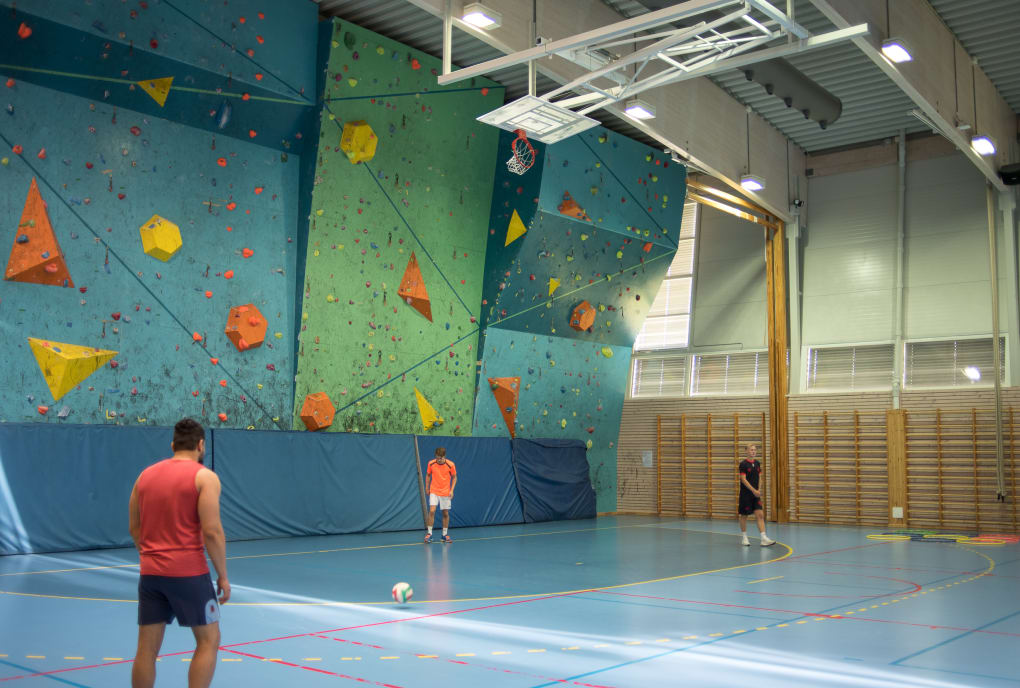Psychologist and fitness enthusiast Magnus provides you with the recipe for how to start exercising, AND how to learn to love it!
The magic method
Everyone knows that almost all types of exercise and physical activity are good for our health. This is an undeniable fact documented by thousands of research projects!
However, if you are to achieve some of the (health) benefits you read about in all the newspapers and online, what you actually do when you exercise is of great importance; intensity, duration and frequency.
What works for you?
The vast majority of people are dependent on finding something they like and enjoy if they are to be able to keep the activity going over longer periods of time. Therefore, general advice on what to do doesn’t often work. You have to figure out for yourself what you like. A good piece of advice is that you need to try the activity over a certain period time so that you give yourself a chance to master it.


If you find it hard to exercise alone, why not try some form of organised training or team sports? There are many possibilities: You can exercise outdoors or indoors, in the forest or right outside your door! You could do a work-out using weights at the fitness centre or on the exercise frames in the park! The seasons offer many different options when exercising outdoors, perfect for those who want a bit of variety.

For many, team sports can be the gateway to regular exercise. At Bakkenteigen/USN Campus Vestfold there is a gymnastics hall and a climbing wall.
Check out USN's list of teams and associations to find student sports on your USN campus!
The first step is always the hardest
The bad news is that starting systematic exercise is often a hard thing to do – you can’t be bothered to keep going for that long or lift weights that seem so heavy. You don’t really get to master anything and there is a lot of discomfort, both when you are exercising and after you are finished. In addition, if you are too eager during the first few weeks, there is also a risk of aches and injuries. As a result, many people drop out before they have actually started. Therefore, it is important to use the first two months to gradually build yourself up.
Realistic expectations of the effects of exercise at the start are also important – things take time!
Did you know that SSN offers personal trainer (PT) at a student price?
Better times!
The good news is that once you get past this stage, progress is often quick and big. Since the physiological effects of exercise occur almost immediately, you will feel a lot better during this period. This is because much of the worst discomfort you experienced at the start has now disappeared! This applies during the exercise, and not least afterwards where, for example, you become less stiff when you have gotten used to a form of movement.
Once you have established exercise as a routine, it also becomes easier to continue doing it. This is the case with all behaviour: it becomes a habit!
Reward yourself!
When will you feel the benefits? The dopamine rush and the sense of well-being? Here, of course, there are great differences from person to person.
Some estimate that it can take up to 10-11 months to achieve all the psychological benefits, and only when you have reached this stage can we talk about ‘intrinsic motivation’: i.e., that you are primarily active because you enjoy the activity. Therefore, it can be a good idea to give yourself small rewards along the way in order to stay motivated at the start.
Can’t be bothered
A paradox about us humans is that we are often least good at carrying out activities that benefit us when we need it most. It can be challenging to get up and do something if you have little energy. Make a binding agreement and you will increase your chances significantly! Avoid sitting down on the couch before you have ambitions to exercise. You can always relax on the couch afterwards.
Exercise is also good for your brain!
If the potential health benefits of exercise don’t motivate you, it is worth noting that exercise has been shown to have a major effect on key cognitive functions such as memory and attention. This should be of interest to students.
It is a good idea to be active before or during a learning situation. How about exercising in the morning before a lecture, or taking a power-walk with a fellow student while discussing subjects. It is a good idea to give your brain varied stimuli over the course of a day. And one good piece of news: it has been proven that moderate-intensity exercise is most effective for the brain, so this should be manageable for most people.
All you have to do is get started! Or just continue with the good exercise routines you have already established. Best of luck!
Good for you
This text has received SSN's Good for you stamp, which means that it can contribute to increasing physical and mental health among students.







